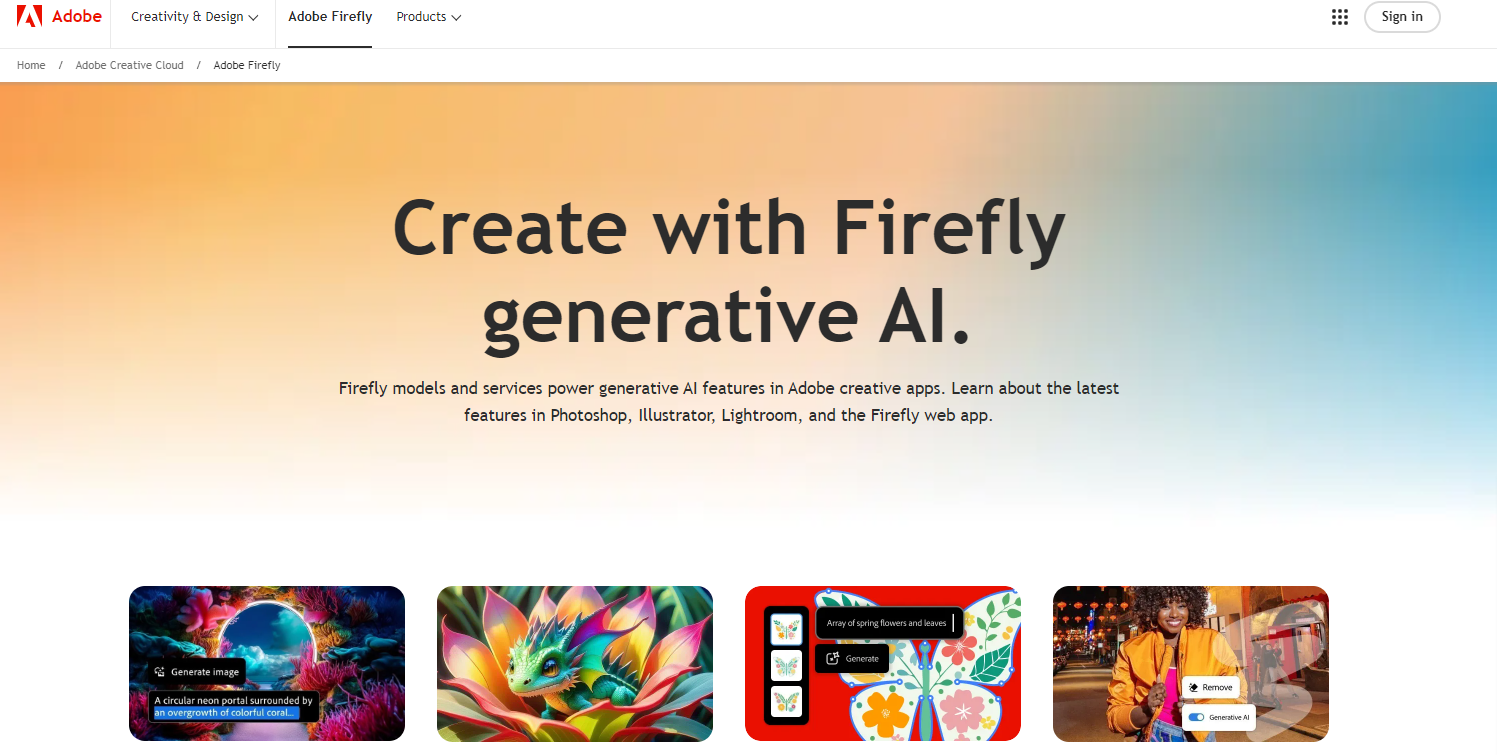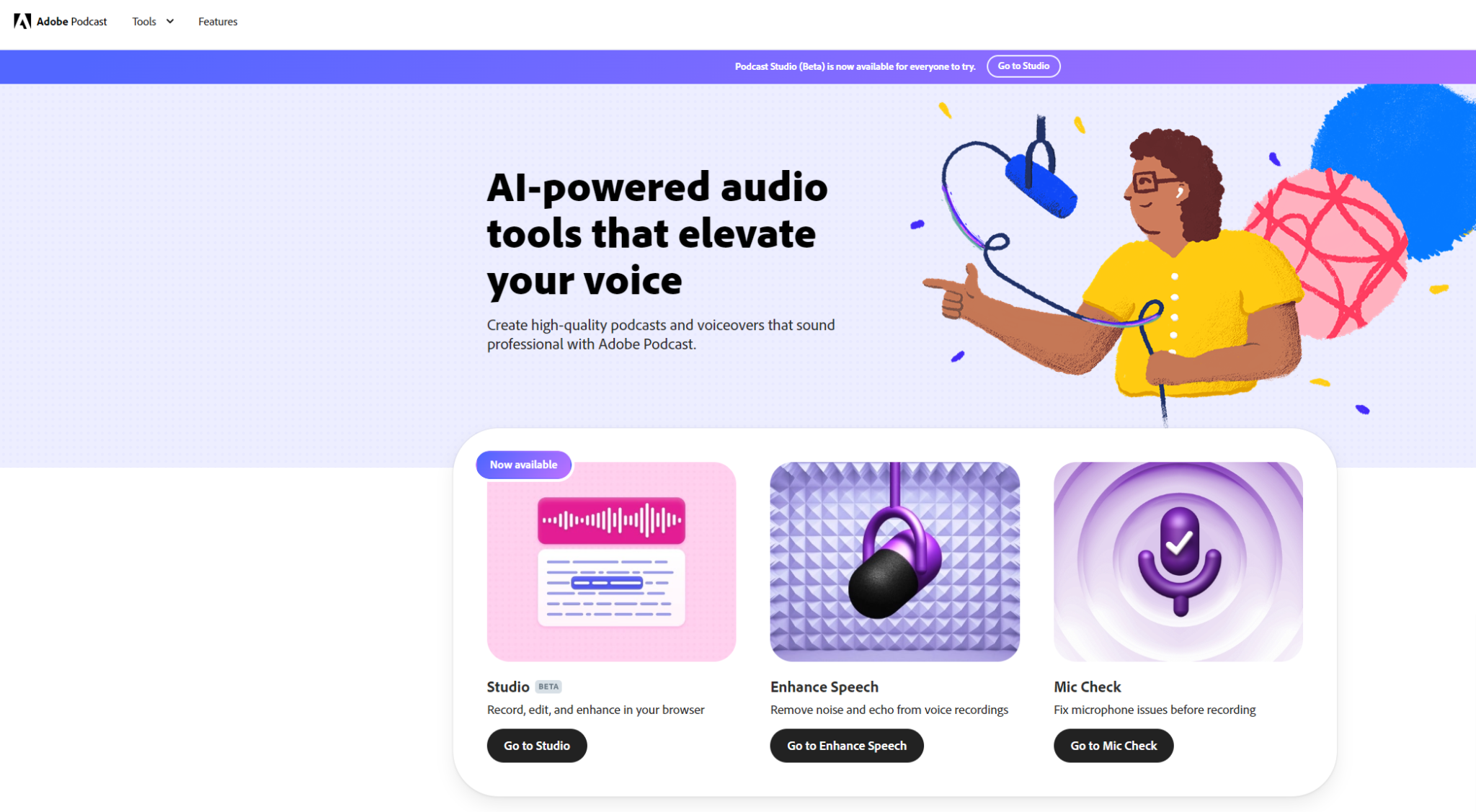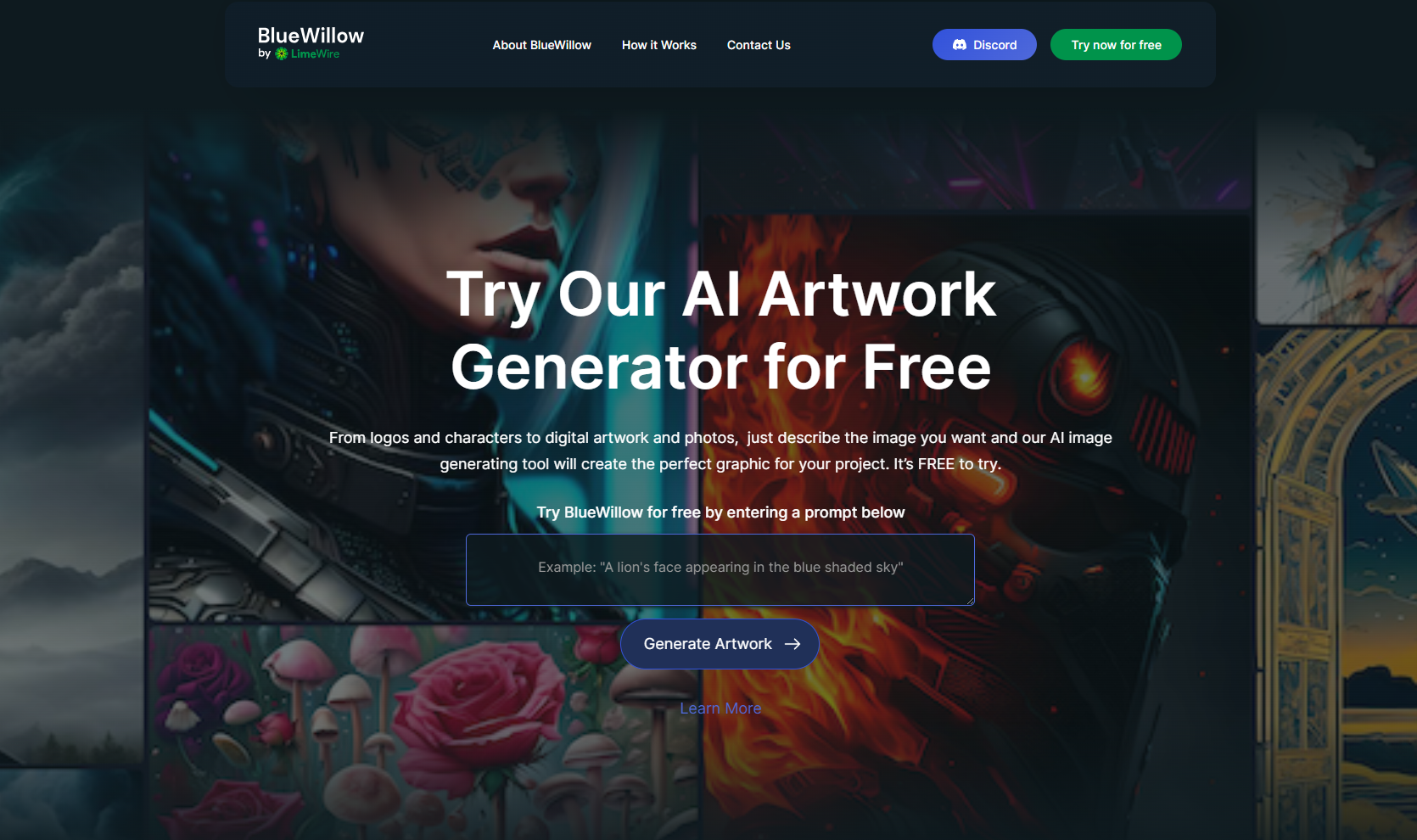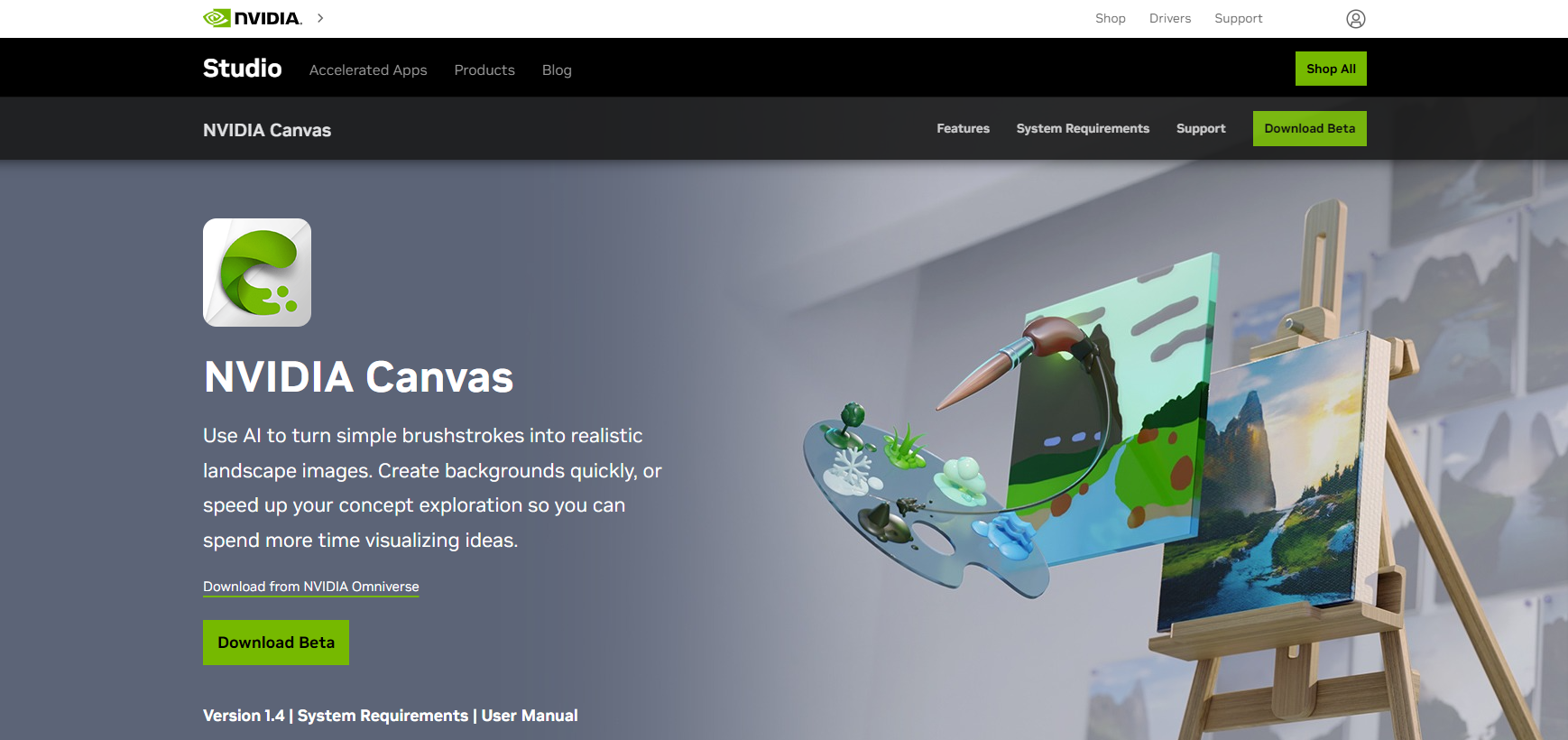

Are you ready to disrupt with AI? Join our Hackathon today! Click to Register
By WebOsmotic Team | Published on September 6, 2024
Summarize Article

Table of Contents
Toggle“New AI tools in 2025 include GPT-4o for multimodal tasks, Claude 3 for enterprise AI, and Synthesia for AI video creation. Other top tools include Perplexity AI for research, Ideogram for AI-generated design, and Suno for AI music generation. These tools improve productivity, creativity, and automation across industries.”
Due to their capacity for automating processes, analyzing enormous amounts of data, and developing insightful predictions, AI tools are crucial in today’s environment. They give us the ability to effectively solve difficult problems, boost production, and open up new opportunities in a variety of industries. We can improve decision-making, accelerate processes, and provide people with tailored experiences by using AI tools.

AI tools can be used to automate monotonous operations e.g. Industrial Automation, freeing up resources so that companies can concentrate on more important objectives.

AI technologies can process and examine big datasets, drawing out important information that aids businesses in making decisions and seeing patterns.

AI-powered personalization enhances customer experiences by offering customized advice, targeted marketing initiatives, and proactive assistance.

AI tools streamline processes, minimize mistakes, and boost operational effectiveness, which boosts output and lowers costs

AI tools make it possible to create novel goods and solutions, revolutionizing sectors like healthcare, finance, manufacturing, and more.

Adobe Firefly is a tool for artificial intelligence that was created with creative workers in mind. Utilizing the powers of AI and machine learning, it enables artists to create immersive and interactive experiences.
Adobe Firefly is used by artists to produce responsive and dynamic animations, design interactive user interfaces, and produce unique digital experiences.

Codium AI is a code completion tool driven by AI that helps programmers write code more quickly. To expedite the development process, it analyses current codebases and offers context-aware ideas.
By minimizing the time spent writing boilerplate code, making wise code suggestions, and raising the caliber of their code, developers can increase their productivity by using Codium.

Midjourney is an AI platform designed to improve the shopping experience for online retailers. It makes tailored product recommendations by analyzing user behavior using AI algorithms.
E-commerce companies can use Midjourney to offer customized shopping experiences, boost consumer engagement, and boost conversion rates.

Adobe Speech Enhancer is an AI program designed to enhance the audio quality of both recorded and live speech. It improves speech quality and lowers background noise by using cutting-edge signal processing and machine learning algorithms.
To improve the clarity and caliber of spoken content, content producers, podcasters, broadcasters, and anybody else working with audio recordings can utilize Adobe Speech Enhancer.

Blue Willow is an AI platform that specializes in forecasting and predictive analytics. Machine learning algorithms are used to analyze past data, spot trends, and generate precise forecasts.
Companies can use Blue Willow to forecast demand, improve inventory control, forecast customer behavior, and make data-driven decisions to increase operational effectiveness.

The document management and knowledge-sharing platform Tome.ai uses AI. In order to extract information, classify texts, and enable intelligent search, it makes use of machine learning and natural language processing.
Organizations can use Tome.ai to automate content classification, streamline document management, promote knowledge sharing, and enhance information retrieval.

The AI program Luma ai is primarily concerned with computer vision and image recognition. Object identification, picture classification, and image segmentation are just a few of the complex image analysis features it provides.
Luma ai may be used to provide applications like automated quality control, object tracking, and visual inspection in a variety of industries, including healthcare, retail, security, and autonomous vehicles.

With the aid of Nvidia Canvas, designers and artists may swiftly produce digital art. Simple brush strokes are transformed into realistic and intricate images using generative AI models.
Nvidia Canvas can be used by designers and artists to speed up the creative process, produce concept art, produce digital paintings, and investigate new artistic possibilities.
Unlock exclusive insights and expert knowledge delivered straight to your inbox